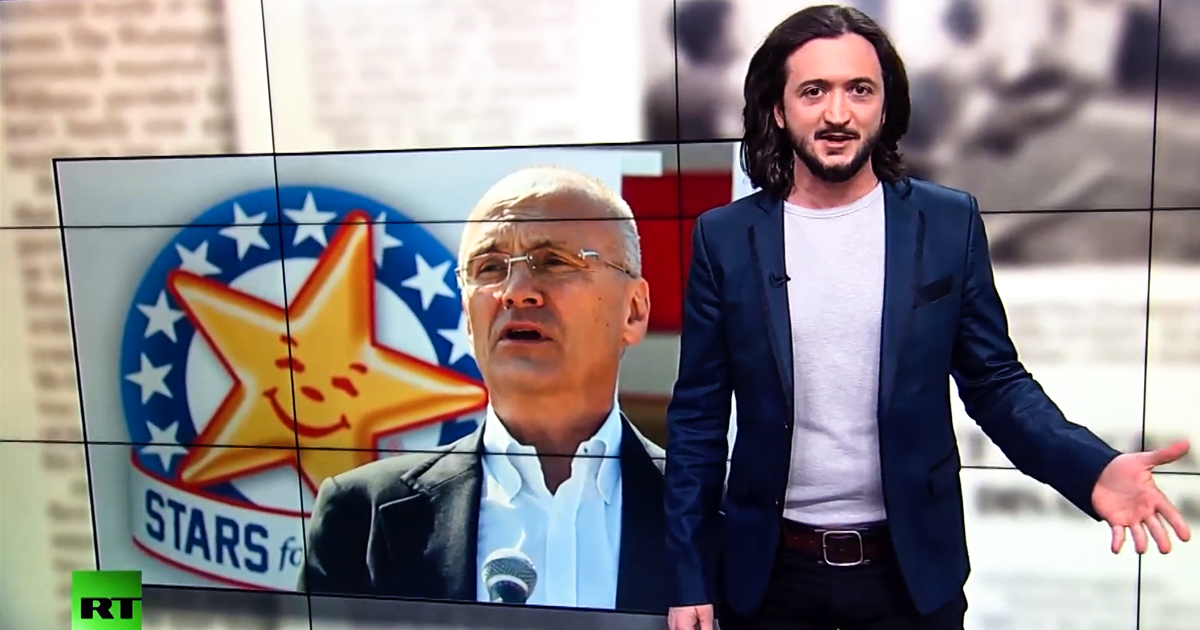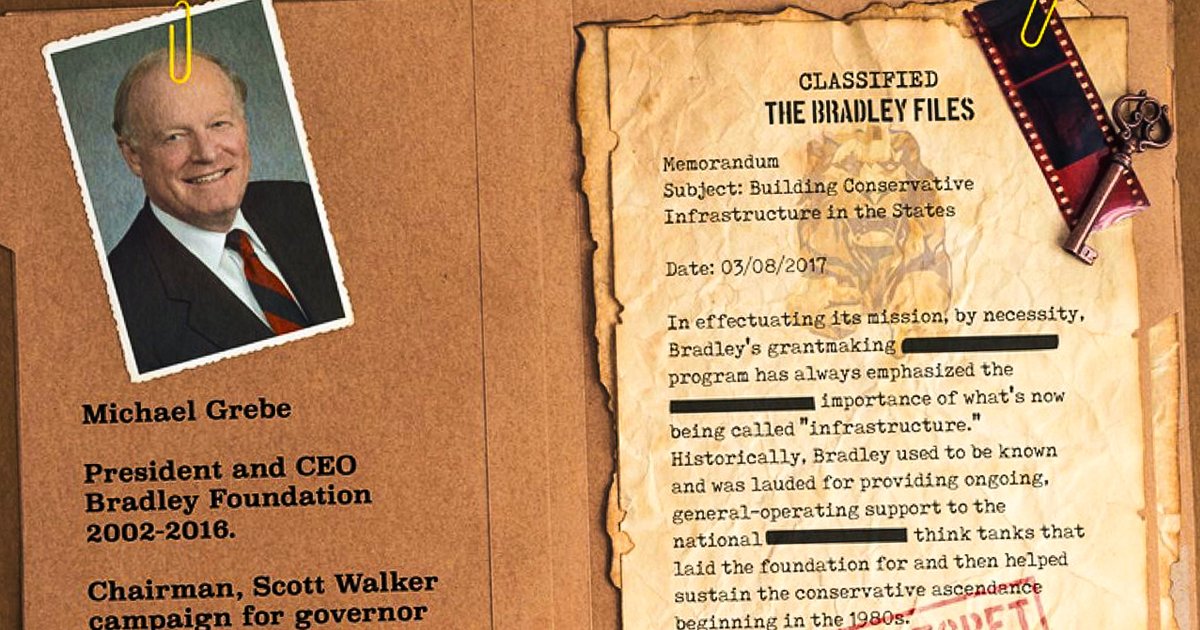Late last week, the US National Labor Relations Board (NLRB) made a ruling that could redefine the employer-employee relationship in light of the increasing shift towards outsourcing, “temp” workers, and “independent contractors.” Because of this ruling, fast-food workers may find themselves in a much stronger position when it comes to collective bargaining.
At the center of the case was a waste management company, Browning-Ferris of California, and one of its subcontractors, Leadpoint. The ruling addresses the question of whether Browning-Ferris and Leadpoint were “joint employers.” Prior to last Thursday’s ruling, a company was considered a “joint employer” only if it had direct control over working conditions, hiring and firing, and other decisions affecting employees on a day-to-day basis. Over the past quarter-century, however, the number of workers employed on a temporary or contract basis has increased by over 250%. Simply stated, the old standards were no longer applicable. Nonetheless, by classifying employees as “independent contractors” or “temp workers,” or using workers employed by a subsidiary or subcontracting firm, companies were able to skirt labor regulations. Thanks to the NLRB, companies can now be held responsible for violations committed by subcontractors – or even a franchisee.
Although the NLRB decision was specific to the Browning-Ferris case, it has broad ramifications for large corporations such as McDonald’s Restaurants, which operate through franchises. Under the new ruling, the McDonald Corporation and similar companies could be held liable for enforcing workplace regulations at franchise outlets – as well as violations.
Of course, the use of subcontractors and temporary workers has held down the cost of labor – which is exactly how Corporate America likes it. Obviously, it doesn’t always work out to the advantage of the worker. On the other hand, the franchise model allows the corporation tight control over virtually all elements of the franchisee’s operation. John Dough may own the Qwiki-Burger restaurant in your city, but by being allowed to use that brand name, Mr. Dough has had to follow strict conditions as set forth by the parent company, QwikiFoods, Inc. It has been the best of both worlds for Corporate America – power and control, but no responsibility.
Not surprisingly, corporations are fighting the NLRB decision, tooth and nail. And of course, they have their plants among the Republicans in Congress, including John Kline of Minnesota and former Tennessee governor Lamar Alexander. The latter is planning to introduce a bill to nullify the NLRB ruling.
As the ruling now stands, however, franchise workers are in a much stronger position. They can now negotiate directly with parent companies instead of the local owner-operator. That alone is the best thing that has happened for labor in over a generation.



